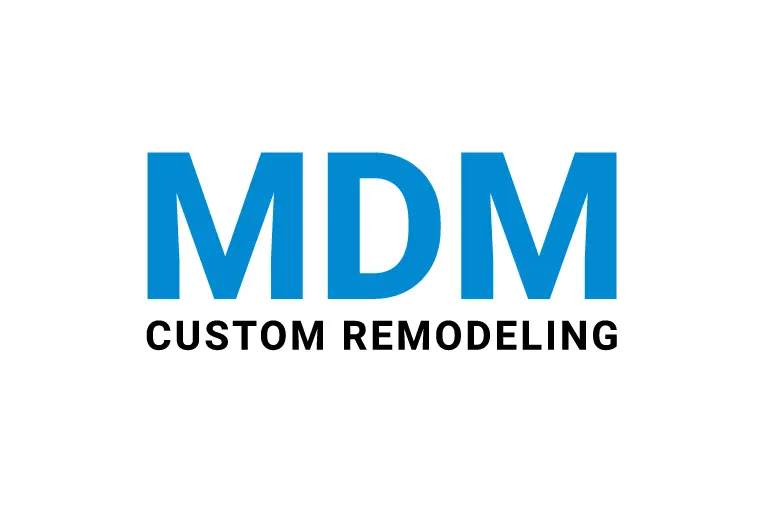Do you need some extra living space in your home? Then, nothing could be a better option for you than garage conversions if you have one that is not in use! However, before playing with the idea of converting garage space into a livable room, we suggest knowing different unknown facts regarding this that you may have never noticed.
What to Know About Garage Conversions Before It Starts
A few facts are there that you may never know before the conversion project kicks off. Such as:
Building permits for Garage Conversions
In Los Angeles, California, garage conversions have got legal permission but come with a permit that you can receive while meeting the following requirements:
- Your garage conversion should be one and a half-mile of public transports.
- Not exceed more than five feet from the property line
- Make sure not to cross 1200 square feet
If you continue the garage conversions without a permit, the chance that the inspectors can make you open up the walls and convert the space again into the garage. The building permits in LA don’t cost much, like just a fraction of the entire project expenses. Yet, getting the permit is worth it!
Walls and insulation
According to a survey, a garage conversion is the most economical answer to add more space to your premises. That’s why you may prefer converting it into a living room but with insulated and paneled drywalls. But if you find the walls not insulated, a number of ways may be there to identify the issue for the existing garage wall materials. For example:
- When your garage exterior is made of cinderblock, stud framing on the perimeter may cause insulation going between that.
- You can go for spray-foam insulation to fasten the drywall to the framing.
- Don’t miss to plan for a closet space before you close up the walls.
Flooring, doors, and windows:
We, MDM Custom Remodeling Inc, suggest going for different options for new flooring while the doors and windows. After all, the usual concrete and flat flooring may not be that desirable while transforming the garage into a living room. For instance:
- Ceramic and vinyl floors are the most affordable and easiest to install.
- Carpet and hardwood are good, but a little expensive!
- A solid or windowed wall or French doors
- Bigger windows for natural light but in less amount to maintain privacy
Bottom line
Have you found this guide practical? Give your valuable feedback on Yelp if possible! Stay connected!

